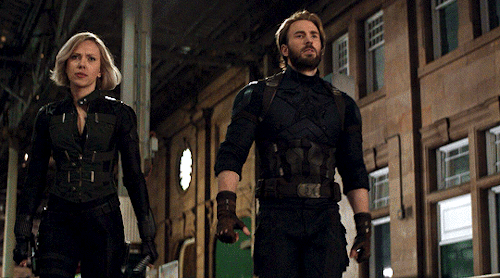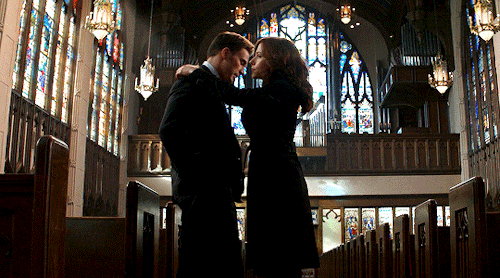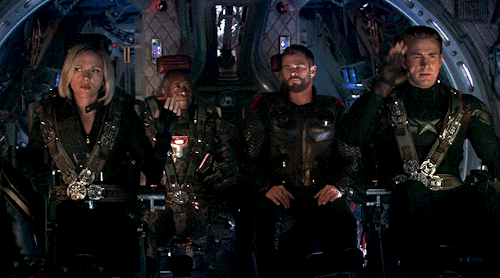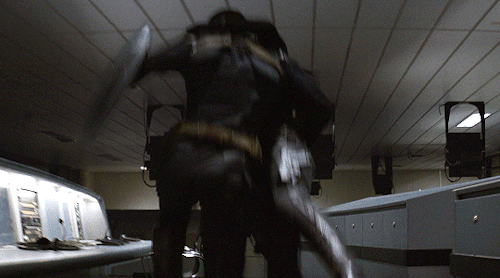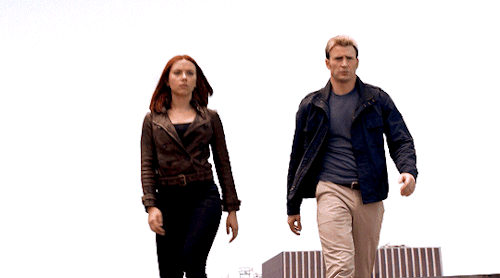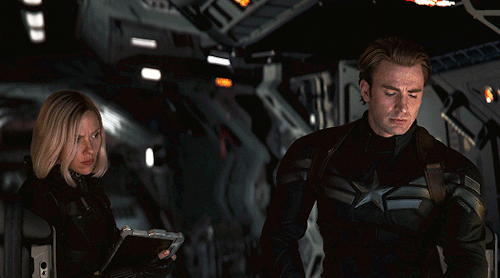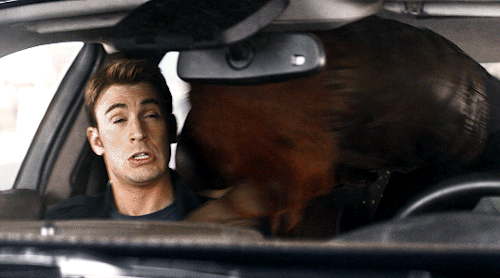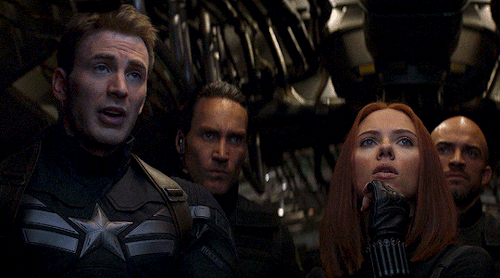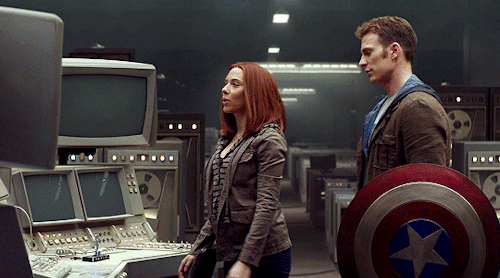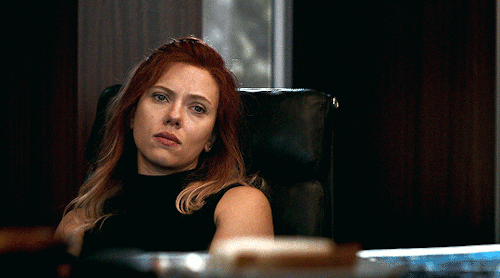cvrc11:msmarvel:“You know I’d offer to cook you dinner but you seem pretty miserable already”“You’re
cvrc11:msmarvel:“You know I’d offer to cook you dinner but you seem pretty miserable already”“You’re here to do your laundry?”“And to see a friend.”If you compare this relationship to the one between Nat and Clint, you can see a great illustration of the “show vs. tell” dichotomy in writing. Sure, they keep TELLING US that Nat and Clint are like the most important people in each other’s lives, and they have this elaborate backstory together, but basically any time we see them interacting on screen in the present day, they’re just sort of acknowledging that some big thing happened in their past and that they’re close, we don’t see their actual relationship happening, we don’t see them being friends, apart from a few brief scenes. (Also, you know, Clint is barely a character, he’s bland and underdeveloped) But Steve and Nat had a whole movie of bonding over their similarities and differences, opening up to one another, fighting side by side, etc. (And, again, Steve is an interesting, compelling, likable, three-dimensional human being, as opposed to Clint) And the result is that even though they’ve been telling us since Avengers 1 that Nat would die for Clint, when she actually did it felt hollow and unearned. But if it had been Steve instead of Clint on Vormir with her, I would have had no trouble connecting with the scene emotionally and believing it. This was such a well-written friendship, and the fact that the brunt of the grief over Nat’s death was given to Bruce of all people, who barely knew her and only had a forced and unconvincing romantic fling with her, instead of Steve, who probably knew her more than anyone other than Clint, was a big mistake in the movie.As a final note: In Civil War, Clint and Steve are both on the same side of the war, but it’s Steve that Nat switches sides for. -- source link
#meta#steve rogers#natasha romanoff#cap 2#avengers 4#mcu
